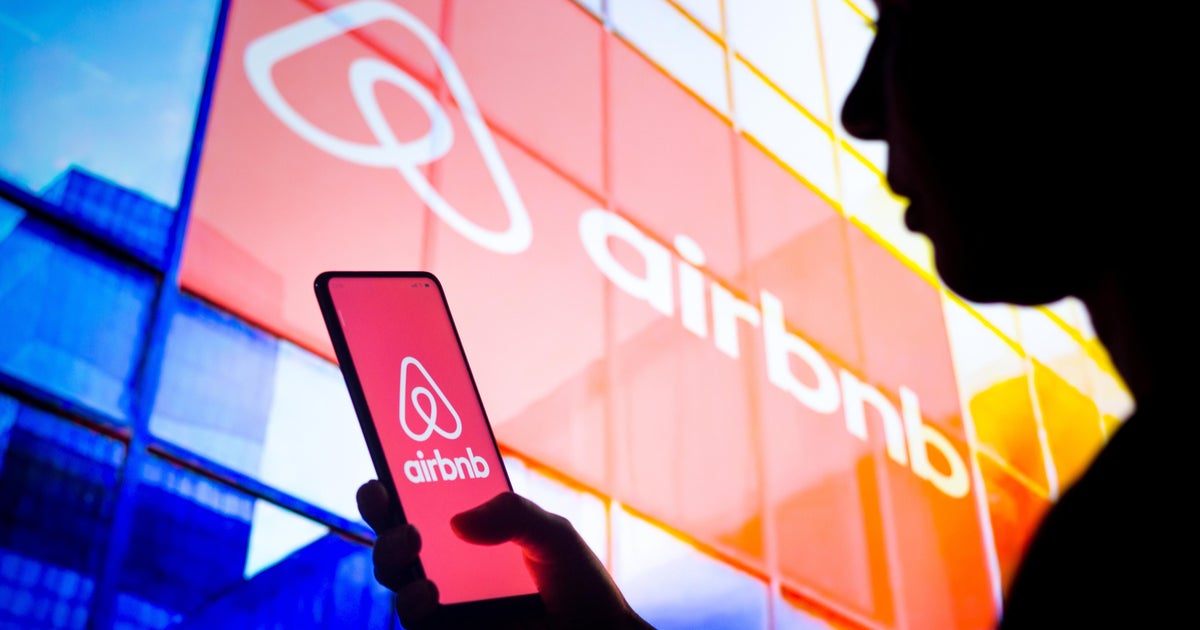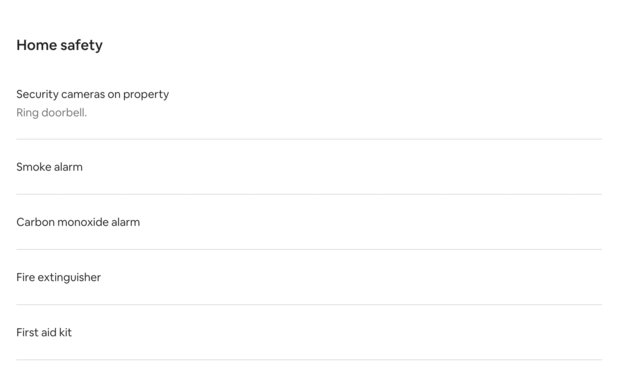What to know about carbon monoxide safety before booking an Airbnb or hotel
The recent deaths of six Americans from carbon monoxide poisoning in two separate incidents highlights the risks of staying in a rental home or hotel that may not have proper safety measures in place.
Three guests staying in a Mexico City apartment booked through Airbnb are believed to have died of carbon monoxide poisoning last month, Bloomberg reported. And another group of American tourists in May death from the same cause at a Sandals resort in the Bahamas.
A spokesperson for Sandals Resorts confirmed to CBS MoneyWatch that Sandals currently has carbon monoxide detectors in all rooms at its facilities.
Airbnb, for its part, is offering hosts free carbon monoxide detectors for units that don’t yet have the devices installed. They usually cost between $30 and $50. Low-level digital detectors can cost around $100.
What to know before traveling
Carbon monoxide (CO) is a colorless, odorless gas that is produced whenever fossil fuel is burned. Accidental poisoning can occur when appliances and systems such as furnaces, kerosene heaters, stoves, lanterns and generators produce fumes that people breathe.
Symptoms of CO poisoning include headache, dizziness, nausea, vomiting, weakness, chest pain and confusion, according at the United States Centers for Disease Control and Prevention. More than 400 people die each year in the United States from accidental CO poisoning, and another 50,000 people go to the emergency room with carbon monoxide poisoning.
The good news is that although it can be fatal, CO poisoning is entirely preventable.
Each apartment or housing unit must be equipped with at least one CO detector, which must be tested every six months. For added safety, it’s a good idea to have a backup detector in case a device’s batteries die, according to the CDC.
Airbnb encourages all of its hosts who do not yet have carbon monoxide detectors to install them in their rental units. However, the flatshare company does not require the units to be equipped with detectors.
Listing owners of units equipped with detectors can indicate this by checking a box in the “security features” section of the listing. The listings also clearly indicate which units are not equipped with smoke or carbon monoxide alarms. This information is reiterated in emails to guests prior to their stays.
Screenshot/ Airbnb
Customers wary of units without a CO monitor can also check to see if rental units have combustion appliances.
Are hotel rooms equipped with CO detectors?
It’s wise to assume your hotel room doesn’t have a CO detector, according to advocates who urge people to bring their own battery-powered or plug-in devices when traveling, noting that regulations vary.
Dr. Andrew Moffat, hyperbaric specialist at Intermountain Healthcare in Salt Lake City, Utah, said that since he and his family were nearly poisoned by carbon monoxide, he always travels with a portable monitor.
He added that even survivors of CO poisoning can suffer debilitating long-term effects like chronic anxiety and cognitive problems, and that many detectors don’t go off until CO levels are gone. so high that they damage the brain.
“I bring my own carbon monoxide detector everywhere I go,” he told CBS MoneyWatch. “The best are the low-end digital monitors that are usually good to have around the house.”
If the alarm sounds, get out of the house immediately and call the gas company and the fire department. They can identify the source of the carbon monoxide, he said.
More transparency needed
Kris Hauschildt, whose parents died of CO poisoning in 2013 while traveling in the United States, laments that there are not more universal regulations in place to protect people at home and abroad. ‘foreign.
Hauschildt founded the Jenkins Foundation to raise awareness of safety precautions and track incidents of CO poisoning across the United States. group data. Eleven of the incidents resulted in 15 deaths.
She applauds Airbnb for being transparent about its units’ security features, noting that it’s harder to tell if a hotel room has a sensor.
“There’s no way we can verify that and say let’s make sure there’s a need for CO detectors in that area,” she told CBS MoneyWatch. “Assume the proper security measures are not in place, because there is no way to know for sure.”
Hauschildt also recommends that everyone travel with their own alarms. “It’s the best way to stay safe.”



Comments are closed.